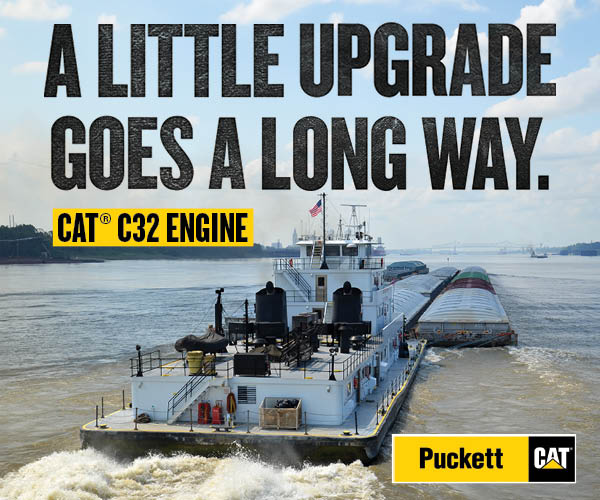South American Dredging Industry Faces Challenges and Opportunities
Jan Van Den Driessche, WEDA’s New President for the South America Chapter Discusses Plans for the Region
The Western Dredging Association (WEDA) has welcomed a new president for the South America region. Jan Van Den Driessche leads the South America Chapter, and plans to raise awareness about the dredging industry in the continent. Van Den Driessche brings 22 years of experience at Jan De Nul, where he assumed different roles, from Regional Manager, to Business Development Manager for the Americas. Talking from his office in Buenos Aires, Argentina, Van Den Driessche spoke exclusively with the International Dredging Review (IDR) about the plans he has for the South America Chapter.
So far, how has the experience of being the new president of WEDA’s South America Chapter been for you?
Everything’s new for me. I’ve been in touch with WEDA’s Latin America Chair, Michael Gerhardt, and we expect to advance on a number of topics. We expect to schedule a LatAm-wide meeting this year or 2018. It could be thematic. I can say we’re getting started. The meeting could be in Buenos Aires. We could do it by ourselves, or we could attach the meeting to other port-related events that we know well. Maybe we could combine the potential WEDA meeting with a conference, or have a mini-WEDA conference.
As you get started, which challenges you see for the dredging industry in South America?
We aim to let everyone know the importance of the dredging activity in the region. Not in a negative, but in a positive way. The dredging activity has its social and economic aspects, and it also brings benefits to the environment. I think we haven’t risen enough awareness about it. Sometimes, we see, here in Argentina, projects being delayed or halted because of some mistaken ideas. There are lot of things we can talk about. I see we have a lot of work on this front.
As for the short and medium terms, where do you see opportunities for the industry?
We have to advance on a number of topics, including the environmental and social impact. That’s part of the policy we aim to develop. For instance, in Colombia, we see that the country’s Ministry of Environment has a questionable attitude toward embankments.
In Colombia, we have some access channels that are located far away, such as the one in Buenaventura. There, inside the bay, they say claim there are certain contamination levels, but these are within the limits of what is ordinary. But once they spot a pollutant, even within the set limits, they make decisions such as not allowing an embankment, for example.


